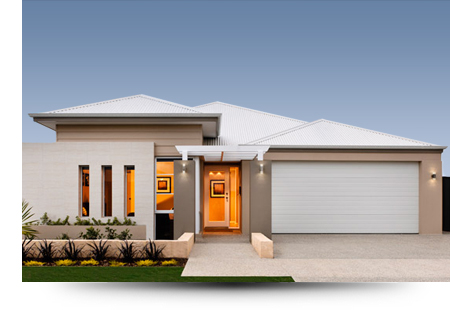 Whatever your reason for selling, the key to selling your home within a reasonable amount of time could very well be the price tag you hang on it whether you’re in a buyer’s market or a seller’s market. “Setting the correct asking price is the most important step in the process of selling your home,” says William F. Supple Jr., author of and publisher of “Picket Fences,” a monthly magazine for homeowners.
Whatever your reason for selling, the key to selling your home within a reasonable amount of time could very well be the price tag you hang on it whether you’re in a buyer’s market or a seller’s market. “Setting the correct asking price is the most important step in the process of selling your home,” says William F. Supple Jr., author of and publisher of “Picket Fences,” a monthly magazine for homeowners.
“Homes that are overpriced don’t sell,” says Supple. And they scare away potential buyers. “Home buyers look at houses in ranges,” explains Supple. Set a price that’s too high and they’ll think that your house is too steep for their wallet and they won’t even bother to take a look at it. “Buyers are immersed in the market. They’ve seen lots of properties and probably know the reasonable price ranges for properties they are interested in.”
So if your selling strategy is to set an unrealistically high price in hopes that someone will bite, rethink your strategy. “Homes that are overpriced will generate no offers, no negotiations, no sale,” says Supple. What it will do, however, is drive potential buyers into the arms of the competition — other, similar houses that are on the market at more realistic prices, which means that your property could sit unsold for a long period.
Homes that are on the market too long become “shop worn,” leading agents and buyers to conclude that something must be wrong with the property. Set your price too low, on the other hand, and you’ll leave a pile of money on the table. But price it right and it should sell quickly regardless of market conditions.
So how can you figure out the right asking price? Fortunately there are resources available to you that will help you determine the fair market value – the FMV – for your home, which is what a buyer is willing to pay you and you, the seller, are willing to accept. One of them is a comparative market analysis. It’s a written analysis that compares your house to others like it in your area that sold recently or are on the market in your neighbourhood.
A comparative market analysis will give you factual information about the houses: Number of bedrooms and baths, square footage, such amenities as fireplaces and swimming pools, as well as the listing prices and the sold prices. Getting a comparative market analysis for your home is very easy. All you have to do is call Gaby McEwan. Gaby McEwan will happily come to your home and generate a comparative market analysis and suggested listing price. It’s all part of the service Gaby McEwan provides.
The real secret to setting the very best sale price for your property is to ask Gaby McEwan!
